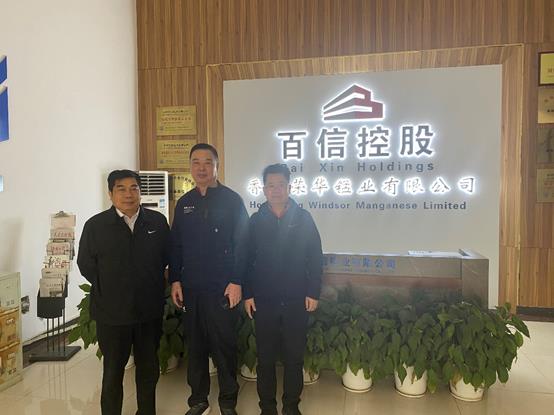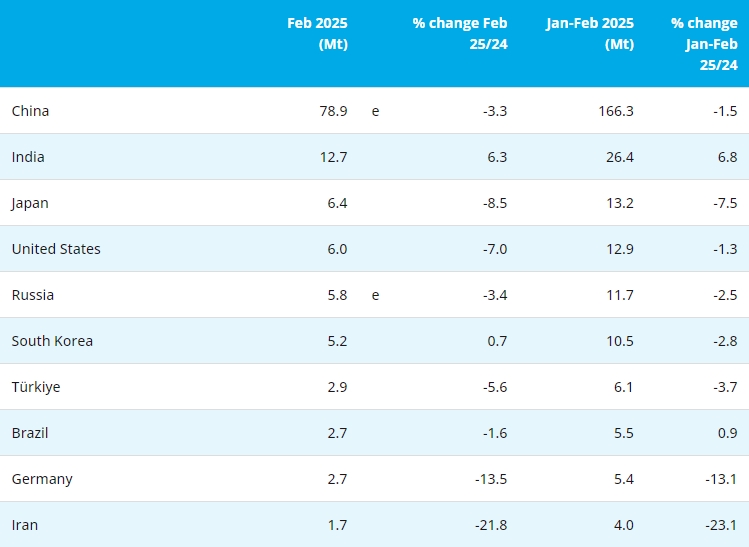[ferro-alloys.com]A move by the European Chemicals Agency to add lead metal to the EU REACH candidate list of substances requiring authorization runs counter to the battery action plan launched recently by the European Commission, lead industry groups said Wednesday.
ECHA said Wednesday that lead was one of 10 new "substances of very high concern" added to the candidate list for authorization, which now contains 191 substances in total.
The candidate list is a list of substances that may have serious effects on human health or the environment; substances on the list are also known as substances of very high concern and are candidates for eventual inclusion in the authorization list.
Once they are on the authorization list, industry will need to apply for permission to continue using the substance after the sunset date.
"Less than a month after the Commission launched a plan to create a competitive and sustainable battery manufacturing industry in Europe, another part of the organization is moving to ban a key substance in battery manufacturing," said Lisa Allen of the Lead REACH Consortium, in a statement.
Lead is used in batteries which provide more than 75% of worldwide rechargeable energy storage and is essential in applications including stop/start car engines, as well as computer and emergency back-up power supplies, the group said.
Lead "is already subject to stringent EU legislation governing its use and one that is not accessible to consumers as batteries are sealed units," Allen said. "By doing this the regulators are effectively short-circuiting the Commission's battery action plan."
In a parallel action, the EC may soon ask the REACH Committee to support adding four lead compounds -- which now only have significant use in EU battery manufacture -- to the authorization list as part of its attempts to ban toxic materials, the consortium said.
"All batteries placed on the market contain or use hazardous substances for their manufacture. If the EU continues on its course preventing industry using these substances we'll have no battery industry of any sort, let alone the many industries who rely on our battery-making capability," Allen said.
"We urgently need a more coherent plan to prevent this kind of disjointed policy-making. It is damaging for industry and its damaging for consumers. It also makes attempts to decarbonize the economy and boost electrification that much more difficult," she added.
The consortium said it was is calling on the EC to find a "more proportionate way" of managing any residual risks resulting from use of lead compounds and lead metal in battery technologies.
Lead batteries are already 99% recycled in Europe -- one of the highest recycling rates of any product, it noted.
The Lead REACH Consortium is a voluntary initiative managed by the International Lead Association which represents a membership of more than 90 legal entities involved in the mining, smelting, refining and recycling of lead, as well as manufacturers of lead compounds and producers of lead-based automotive and industrial batteries.
- [Editor:王可]



 Save
Save Print
Print Daily News
Daily News Research
Research Magazine
Magazine Company Database
Company Database Customized Database
Customized Database Conferences
Conferences Advertisement
Advertisement Trade
Trade








 Online inquiry
Online inquiry Contact
Contact

Tell Us What You Think